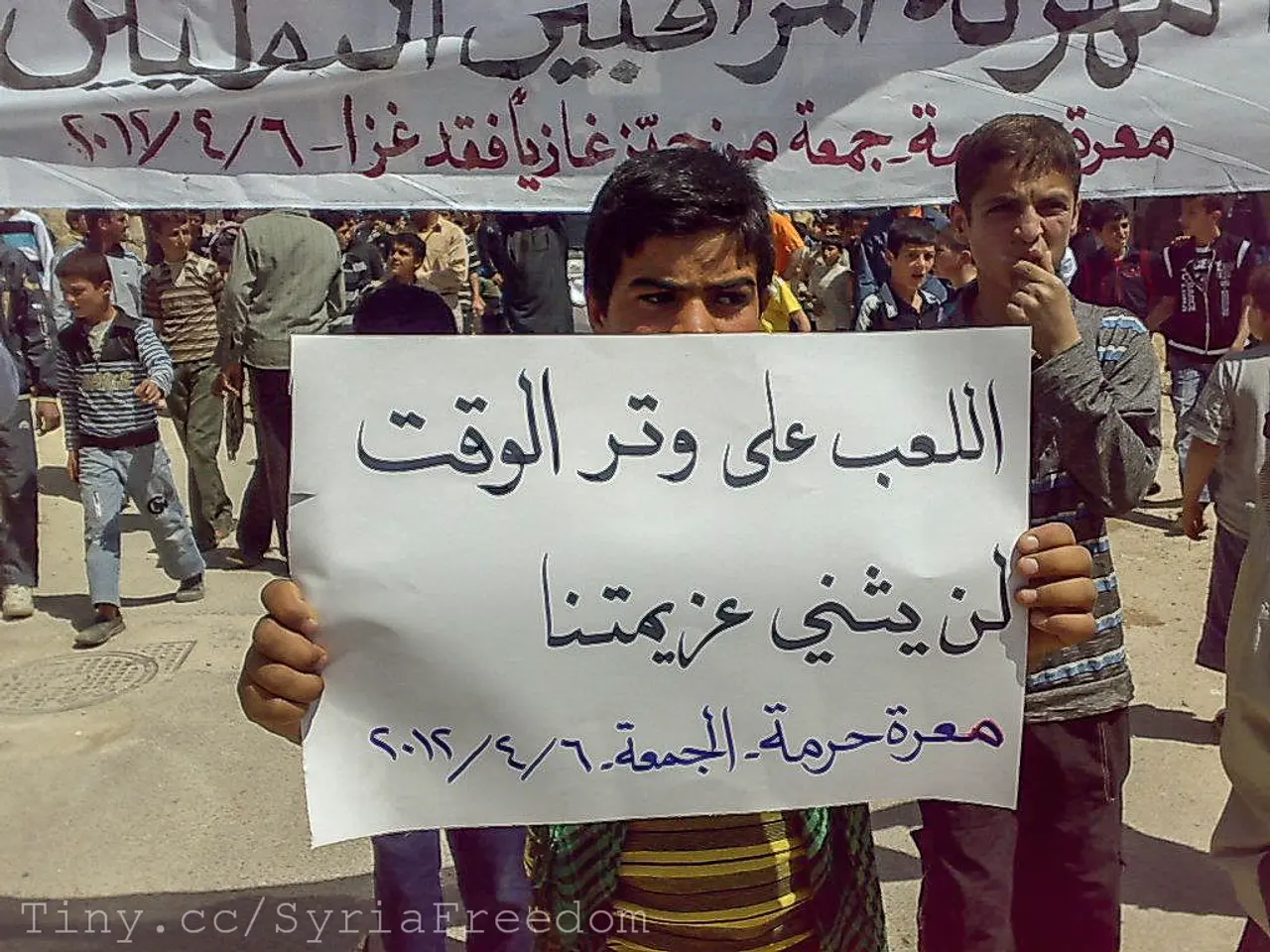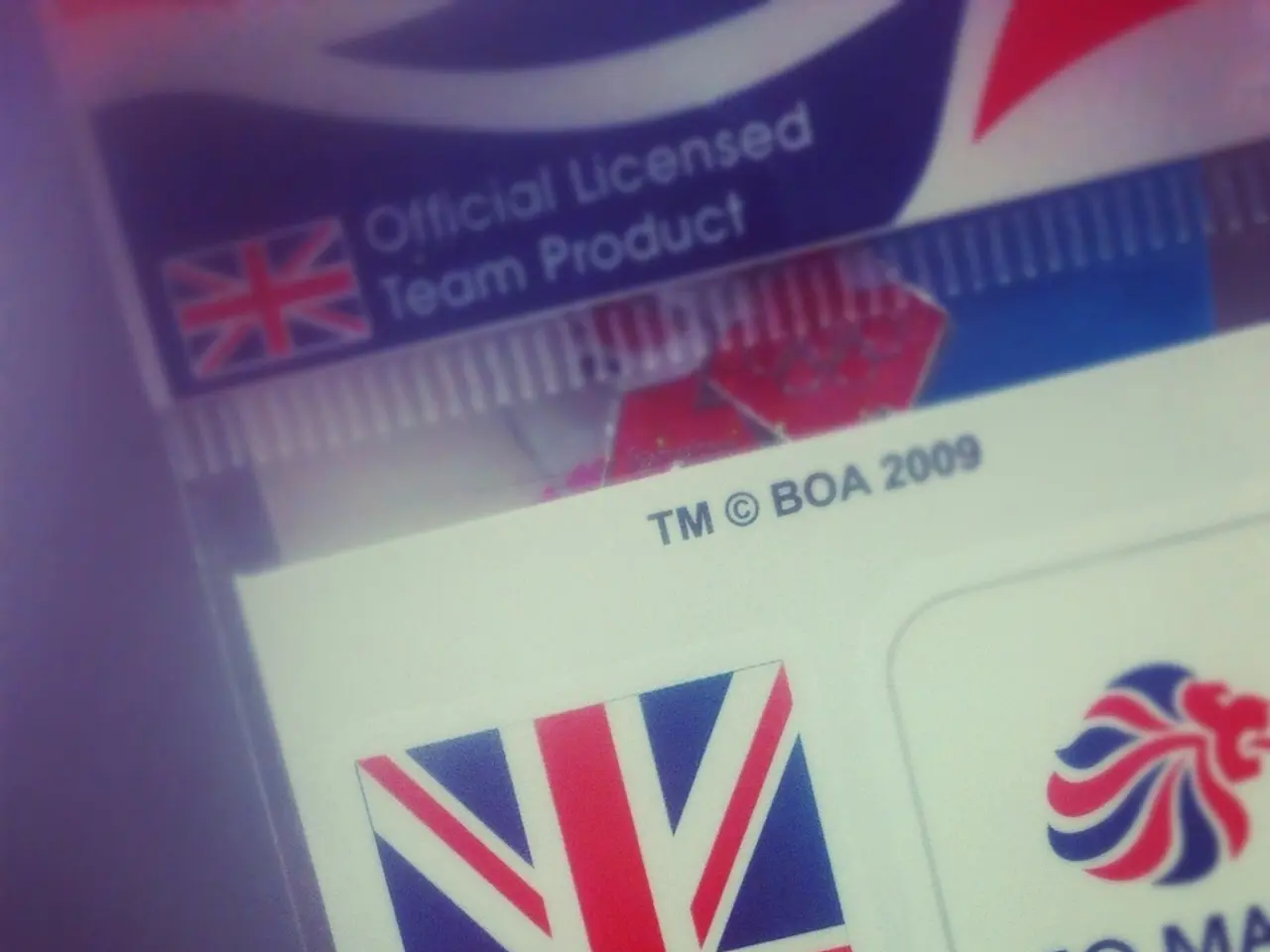International Strategy for Scientific Diplomacy: Obstacles and Prospects for the Future
The EU Science Diplomacy Framework, a forward-looking response to the evolving landscape of science, technology, and innovation in international relations, was unveiled in February 2025. This framework outlines ways in which science diplomacy can contribute to the EU's endeavors, particularly in addressing global challenges and fostering international cooperation.
The event, held at Sciences Po-CERI/CNRS, featured discussions involving renowned experts in the field, including Prof. Stéphanie Balme, the Director of Sciences Po-CERI/CNRS, and Prof. Jean-Christophe Mauduit, an Associate Professor of Science Diplomacy at University College London (UCL) in the Department of Science, Technology, Engineering and Public Policy (STEaPP).
Prof. Stéphanie Balme played a significant role in organizing the event, while Dr. Jan Marco Mueller chaired the development of the EU Science Diplomacy Framework. The framework was developed through a collective effort of experts across Europe, reflecting the EU's commitment to collaborative decision-making in the realm of science diplomacy.
The EU is seeking to define its distinctive role in science diplomacy, navigating a fast-changing geopolitical landscape, fostering effective international scientific cooperation amid increasing global competition and fragmentation, and addressing institutional and policy coordination hurdles to maximize impact.
Science diplomacy can significantly contribute to the EU’s new global strategy by enabling the EU to build and sustain international scientific networks, enhance policy influence, and address global challenges like climate change, health crises, and technological competition.
Specific ways science diplomacy can address these issues include supporting platforms like the EU Science Diplomacy Alliance, promoting inclusive participation and support for early-career researchers, adapting research funding policies to encourage cooperation, and leveraging the EU’s integrated market and mobility advantages to consolidate leadership in hosting and coordinating major international scientific infrastructures.
However, challenges remain in managing complex international partnerships, ensuring stable and long-term resource commitments, and preventing science diplomacy agreements from being symbolic rather than substantive. The EU can address these by developing centralized, pragmatic processes and legal mechanisms that ensure meaningful joint commitments.
The EU Science Diplomacy Framework aims to contribute to the EU’s new global strategy, balancing the need to leverage Europe’s scientific and innovation ecosystem with addressing global commons, such as the Sustainable Development Goals. The event is likely to contribute to the ongoing discourse on the EU Science Diplomacy Framework, shaping the EU's approach to science diplomacy in the years to come.
- Professors Stéphanie Balme and Jean-Christophe Mauduit, both renowned in the field of science diplomacy, were part of the discussion at the event that unveiled the EU Science Diplomacy Framework, which aims to address global challenges and foster international cooperation in areas such as environmental science, climate-change, and technology.
- In the realm of education and self-development, the EU Science Diplomacy Framework can serve as a platform for early-career researchers, providing them with opportunities to collaborate and enhancing their influence on global policies related to business and finance.
- To ensure substantive outcomes from science diplomacy agreements and navigate complex international partnerships, the EU can focus on developing centralized, pragmatic processes and legal mechanisms, coupled with strategic investments in finance to guarantee long-term resource commitments.




